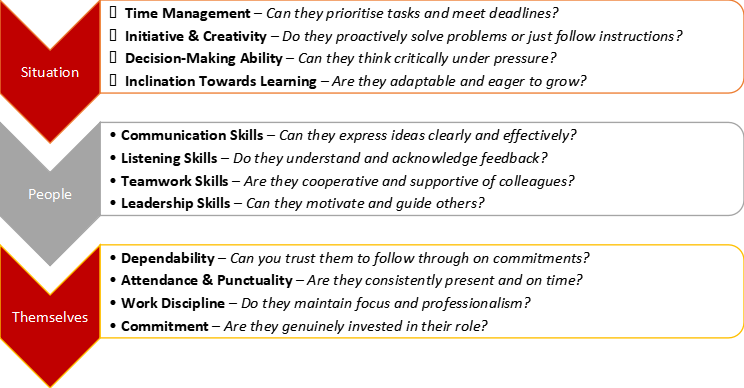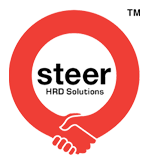Why Every Hiring Needs a Behavioural Assessment?

My recent video (here) talks about a very commonly encountered situation:
You interview a candidate with several years of experience, and they impress you. They articulate their thoughts well, demonstrate deep technical knowledge, and seem to have all the right skills for the job. Everything checks out—you negotiate their salary and welcome them on board. But within weeks, you start noticing something unsettling. The person who shone so brightly during the interview suddenly seems to be struggling. They aren’t delivering the expected results. You begin to wonder—how did this star candidate lose their sparkle so quickly?At work, communication is key to collaboration and productivity. But often, we find ourselves in situations where expressing our thoughts or opinions feels challenging. Whether it’s discussing timelines, giving feedback, or offering an opinion that may not be popular, these conversations can lead to a communication dilemma.
In these moments, we might feel torn between:
- Keeping quiet and not saying anything (Passive Communication),
- Being overly loud, rude, or forceful to make our point (Aggressive Communication),
- Or agreeing on the surface but secretly resenting or undermining the discussion (Passive-Aggressive Communication).
None of these communication styles are effective long-term. They create imbalances, either forcing you to sacrifice your needs or walk over others’ rights. In all cases, they can lead to strained relationships, misunderstandings, and even hinder collaboration.
The Secret to Workplace Success: More Than Just Technical Skills
Let me break the truth to you: Success in a job depends only 15% on technical skills and 85% on behavioural skills.
Yes, technical knowledge is essential—it ensures the person knows the job. But the real difference between a high-performing employee and one who struggles lies in their behavioural competencies. These include their ability to handle:
- Situations: Employees often face unpredictable challenges at work.
- People and Relationships: Strong interpersonal skills ensure collaboration and positive work environments.
- Themselves: A person’s self-discipline and work ethic directly impact their reliability.
This is why many companies experience hiring mismatches—because they assess only technical capabilities and overlook behavioural strengths.
Why Hiring Needs a Behavioural Assessment
To ensure you hire the right people, an HR round of interviews or a structured behavioural assessment is crucial. This helps you evaluate the candidate’s real-world capabilities beyond just their resume and verbal skills. Here’s what you should assess:

How to Assess Behavioural Skills Before Hiring
There are some tools to measure these attributes. Two highly recommended methods are:
- Behavioural Event Interviews (BEI):These involve asking candidates about real past experiences to understand how they handled different situations. This approach moves beyond hypothetical responses to real-life problem-solving.
- Psychometric Tests: Standardised tests can assess personality traits, emotional intelligence, teamwork capability, and leadership potential.
The Takeaway
In summary, if you’ve ever wondered why a technically brilliant hire didn’t succeed, it’s likely because their behavioural skills weren’t assessed properly. A strong hiring process doesn’t just evaluate knowledge—it examines how a person works, adapts, and collaborates.
By incorporating behavioural assessments into recruitment, businesses can significantly reduce hiring mismatches and ensure long-term employee success.
Have you faced hiring challenges like this? Let’s discuss in the comments below!

